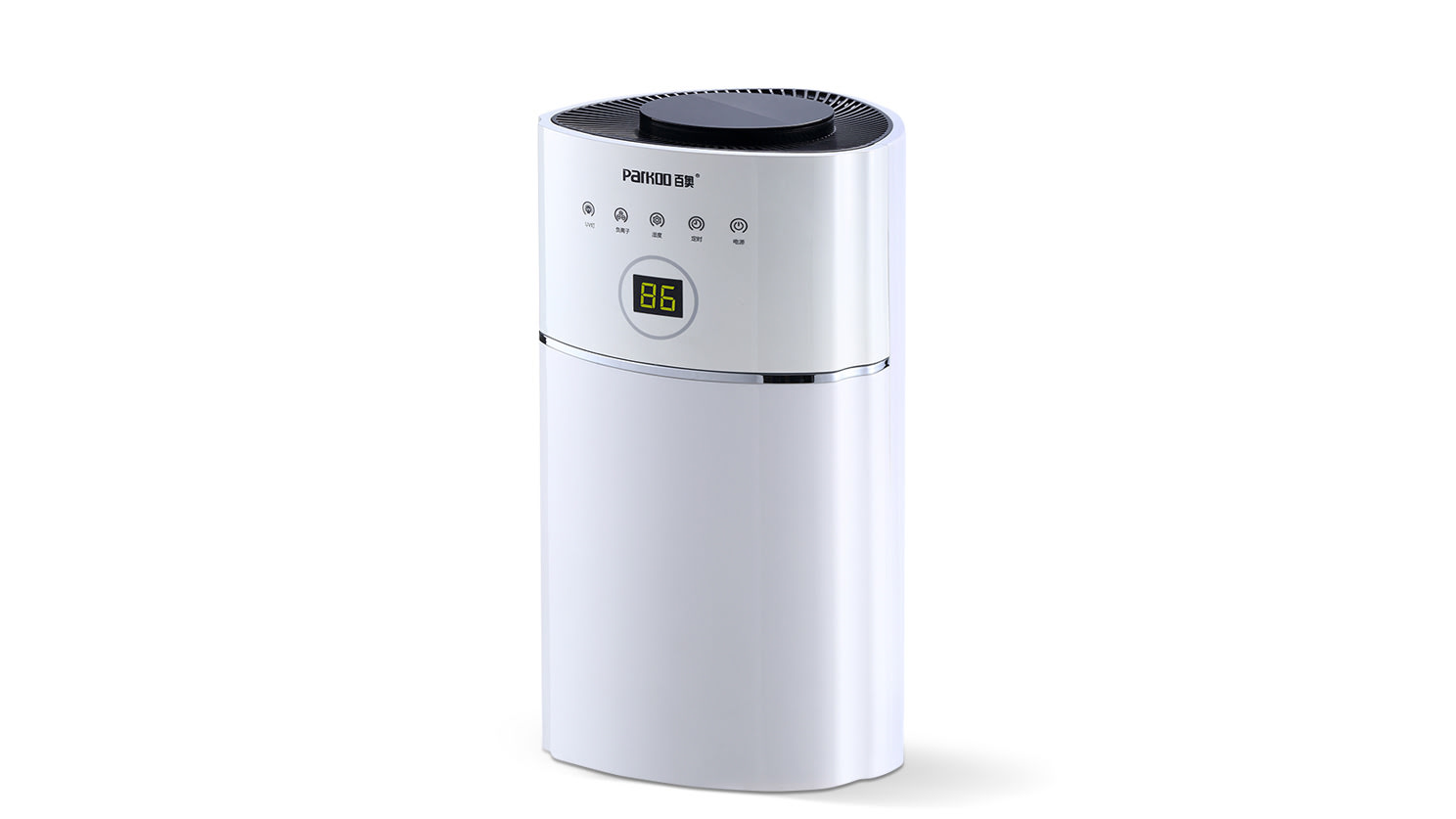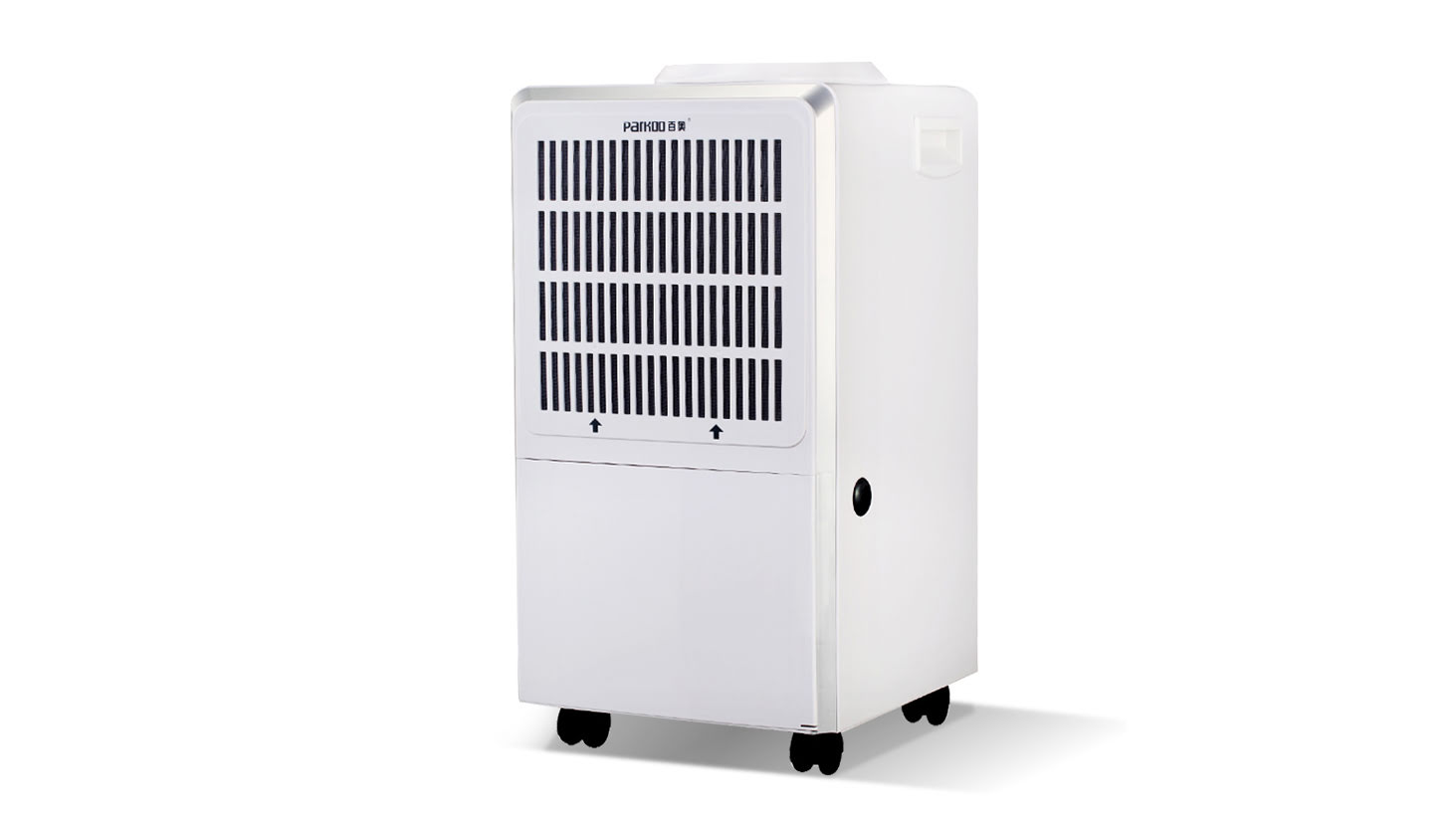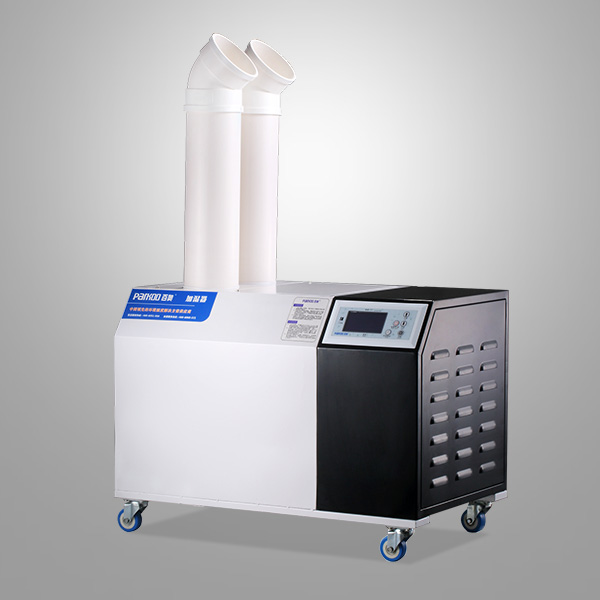The World Health Organization has recently identified air pollution as the world's largest environmental health risk The air we breathe gives us life. Eliminate any harmful pollutants and ensure that the air we breathe provides us and our families with a healthy life
We tend to depict air pollution as a black cloud of toxic smoke pouring from factory chimneys, or as the haze and thick smoke that permeates the air in many of our mainly urban areas.
. Although there is no doubt about this, other harmful air pollution is intangible, odorless, and can even be found in your own home Regardless of the type of air pollution, it can cause short-term and long-term damage to the health of humans, animals, and the environment
What is the air you breathe?
The United States Environmental Protection Agency (EPA) monitors six types of air pollutants found both internally and externally, and is known to cause serious health problems:Carbon monoxide
Lead
Nitrogen oxides
Particulate matter, including PM2.5 and PM10
OzoneSulfur oxides
Source of air pollution:Air pollution can be found almost anywhere, including in major cities, In the workplace and even at home. Although all air pollution is harmful, its impact on everyone varies depending on the duration of exposure to pollution and the concentration of pollution in the air, often determining the degree of damage caused
Outdoor air pollution
Most air pollution is human caused and often the result of fossil fuel combustion, which is used as fuel for the production of cars, trains, and airplanes, creating electricity and heat for factories and manufacturing factories.
Other sources of external air pollution include second-hand smoke, fertilizers and industrial cleaning products
The natural sources of air pollution include forest fires and Volcanic ash
Indoor Air Pollution
We usually consider air pollution to be an "outdoor" problem, but indoor air pollution is also a serious health problem that causes air pollution
The sources of indoor air pollution include:
Gases (carbon monoxide, radon, etc.)
Fuel sources, Such as kerosene and wood
household cleaning products and chemicals
building materials (asbestos, formaldehyde, lead, etc.)
tobacco smoke
mold and pollen
The negative effects of air pollution on health
The conditions generated by exposure to air pollution are different for each individual. Healthy adults who are exposed to low-dose pollution for a short period of time may not notice any short-term health effects; Those suffering from respiratory or cardiovascular diseases may suffer serious reactions due to exposure to very low concentrations of pollutants Although pregnant women, children, and the elderly tend to be more susceptible to harmful air pollution, research has shown that exposure to air pollution has negative health consequences for everyone
aggravate respiratory problems
Considering that we directly blow air pollution into the lungs, it is not surprising that air pollution poses serious harm to the respiratory system. Air pollution is directly related to inflammation and airway stenosis, leading to new asthma cases, Chronic obstructive pulmonary disease (COPD) and chronic bronchitis. In fact, more Americans (15 million adults and over 5 million American children) now suffer from asthma than before
In fact, more Americans (15 million adults and 5 million American children) now suffer from asthma than before
The risk of heart disease has increased
Over 600000 people die each year, and heart disease remains the main cause of death in the United States.
. Traditional heart disease treatment focuses on lifestyle, including exercise, healthy diet, lowering blood pressure and cholesterol levels. However, an increasing number of studies have shown that air pollution, which cannot be considered a lifestyle choice, has a significant impact on the cardiovascular systemThe specific evidence that air pollution has a negative impact on cardiovascular disease includes:
The increase in the concentration of particulate matter and nitrogen oxides is related to the higher rate of heart related hospitalization
The mortality rate in areas with high nitrogen oxide concentrations is four times higher than in cities with low concentrations.
Air pollution increases the risk of infertility
The damage caused by air pollution is not limited to the cardiovascular and respiratory systems. Recent studies have found that exposure to high levels of air pollution can even have negative effects on the reproductive system.
Researchers from the Boston University School of Medicine reported that women exposed to excessive traffic fumes are more likely to suffer from fertility problems than women living in major areas away from traffic smoke (such as highways) Specifically, research has found that women living near major roads are 21% more likely to report struggling with pregnancy after at least one successful pregnancy (referred to as secondary conception) compared to women far from major roads
Air pollution and children's mental health
For the first time in history, there has been an important study linking the increase in mental illness in children exposed to low levels of air pollution.
. Specifically, research has found that even very small increases in exposure to air pollution are associated with an increase in the number of mental problems observed by childrenResearchers have concluded that reducing air pollution concentrations, especially traffic emissions, may reduce the incidence of mental illness in children and adolescents.
What can you do to address these health risks?
In many regions, the concentration levels of air pollutants have been associated with an increased risk of chronic health problems.
. Although governments and businesses continue to work towards reducing emissions globally, there are many measures you can take to reduce exposure at home and ensure that you and your family breathe in fresh, clean, and healthy air; These steps include:Plants and plants, which can absorb dust
Avoid smoking
Use the air quality tracker to better understand your environment
Clean your air conditioner and humidifier regularly
Use the air purifier
Go out, leave the city, and continue hiking! Breathe fresh mountain air in places without traffic, chimneys, or smoke How do you deal with air pollution

















